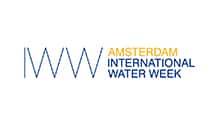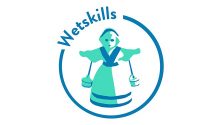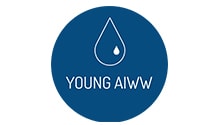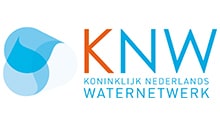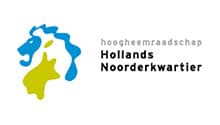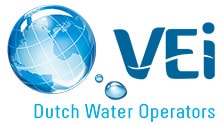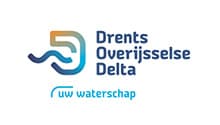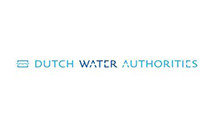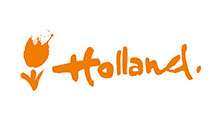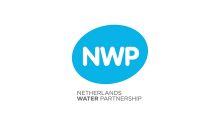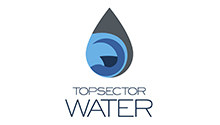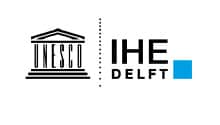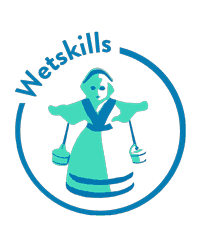
- This event has passed.
Wetskills-The Netherlands 2019
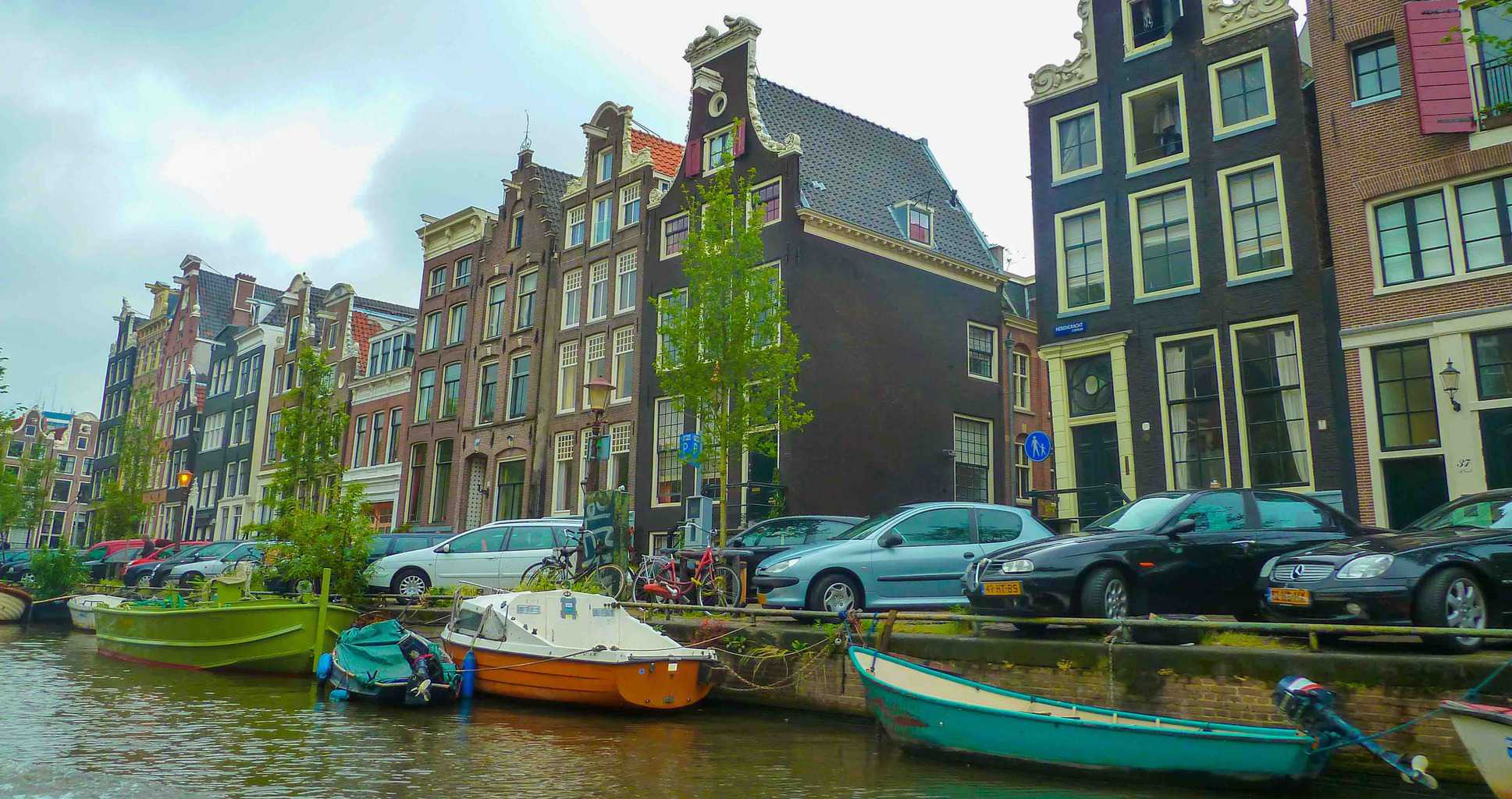

Wetskills Water Challenge at AIWW 2019!
Wetskills organized a great Wetskills Water Challenge in Amsterdam, linked to the Amsterdam International Water Week AIWW 2019. The Challenge started on October 25, with the finals on November 7 as part of the AIWW program.
Teams of students and young water professionals – 26 participants from 12 different countries – were working on real life water cases in a exciting two-week programme. Their main challenge: to think out-of-the-box and develop innovative, realistic concepts. All participants also joined the AIWW Future Water Leaders Program.
The teams presented their ideas with a two minute pitch, Q&A and a poster, and the winning team was awarded by the jury during the AIWW Closing Ceremony: ‘And the winner… is Team 3, with their plan for sustainable agriculture in peatlands. Congratulations!’
"It has indeed been a fruitful, joyous and amazing time as the 26 participants spend two weeks enjoying each others company, learning,exploring and finding ways to work as a team together and solve six pressured, difficult cases. This has in fact been an experience to remember for each and everyone participant for 2019!"
Wetskills started in 2010, and so we will celebrate our 10-year jubileum next year!
Watch the video of this event!
Event Info

About Wetskills

Follow Wetskills

[no_icons icon_pack=”font_elegant” fa_icon=”fa-facebook” fa_size=”fa-lg” custom_size=”30″ type=”normal” rotated_shape=”no” icon_shadow=”no” inner_border=”no” back_to_top_icon=”” link=”https://www.facebook.com/Wetskills-496271977097972″ anchor_icon=”” target=”_blank” icon_color=”#0076b2″ hover_icon_color=”#43dbbd” margin=”0px 12px 0px 0px” fe_icon=”social_facebook”] [no_icons icon_pack=”font_elegant” fa_icon=”fa-twitter” fa_size=”fa-lg” custom_size=”30″ type=”normal” rotated_shape=”no” icon_shadow=”no” inner_border=”no” back_to_top_icon=”” link=”http://twitter.com/wetskills” anchor_icon=”” target=”_blank” icon_color=”#0076b2″ hover_icon_color=”#43dbbd” margin=”0px 12px 0px 0px” fe_icon=”social_twitter”] [no_icons icon_pack=”font_elegant” fa_icon=”fa-instagram” fa_size=”fa-lg” custom_size=”30″ type=”normal” rotated_shape=”no” icon_shadow=”no” inner_border=”no” back_to_top_icon=”” link=”https://www.instagram.com/wetskills/” anchor_icon=”” target=”_blank” icon_color=”#0076b2″ hover_icon_color=”#43dbbd” margin=”0px 12px 0px 0px” fe_icon=”social_instagram”] [no_icons icon_pack=”font_elegant” fa_icon=”fa-twitter” fa_size=”fa-lg” custom_size=”30″ type=”normal” rotated_shape=”no” icon_shadow=”no” inner_border=”no” back_to_top_icon=”” link=”https://www.linkedin.com/groups/2949484″ anchor_icon=”” target=”_blank” icon_color=”#0076b2″ hover_icon_color=”#43dbbd” margin=”0px 12px 0px 0px” fe_icon=”social_linkedin”] [no_icons icon_pack=”font_elegant” fa_icon=”fa-youtube-square” fe_icon=”social_youtube” fa_size=”fa-lg” custom_size=”30″ type=”normal” rotated_shape=”no” icon_shadow=”no” inner_border=”no” back_to_top_icon=”” link=”https://www.youtube.com/channel/UCJmPNM9roCkR1uvgJMHqpvA” anchor_icon=”” target=”_blank” icon_color=”#0076b2″ hover_icon_color=”#43dbbd” margin=”0px 12px 0px 0px”]
Event Blogs

Event Cases

Case 1: Co-creation with stakeholders for a climate-proof area
Case owner: Water Authority Hollands Noorderkwartier
Water board HHNK is looking for ways to make their area climate-proof. As the water board is not on the bar to solve all problems, all stakeholders have to join and work together, from a social responsibility. But citizens and municipalities do not always take their role. How can these parties be brought into an active position for co-creation, so that they can make their own contribution for a climate-proof environment? What is needed to strengthen the responsibilities of citizens and municipalities?
Final Poster
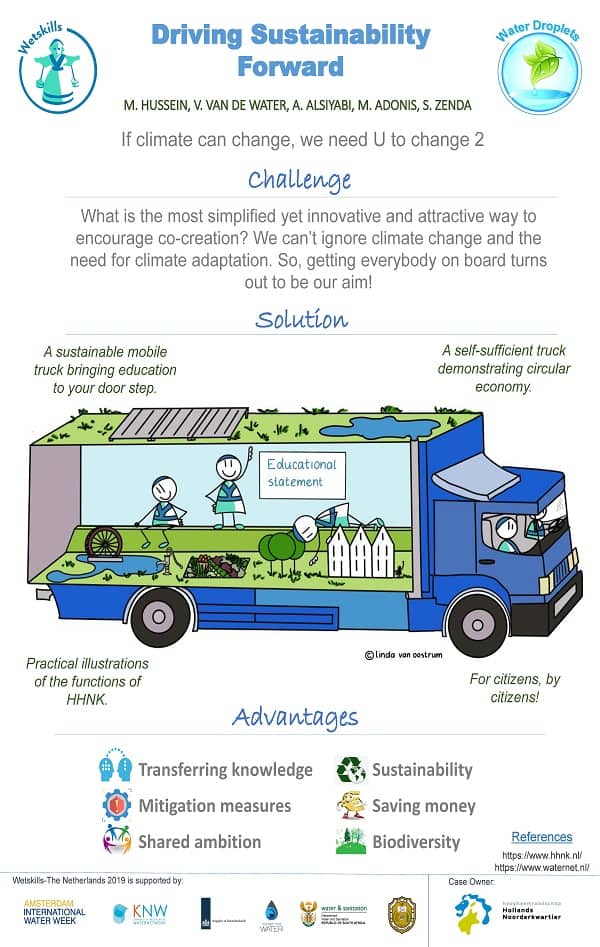
Case 2: Sustainable water and sanitation services for school children in Ghana
Case owner: VEI, WaterWorX & Ghana Water Company Limited
Of all schools in low-income countries, only 51% have access to adequate water sources and only 45% have adequate sanitation facilities, according to UNICEF, while WASH facilities and hygiene education in schools contribute to inclusion, dignity and equity. In Ghana, the Ghana Water Company Limited (GWCL) wants to ensure that an additional 19 schools are provided with adequate water and sanitation services. Funds are available, intentions are there; the question is: how can GWCL (in partnership with VEI and the WaterWorx program) ensure sustainable water and sanitation for the school children in their service area?
Final Poster
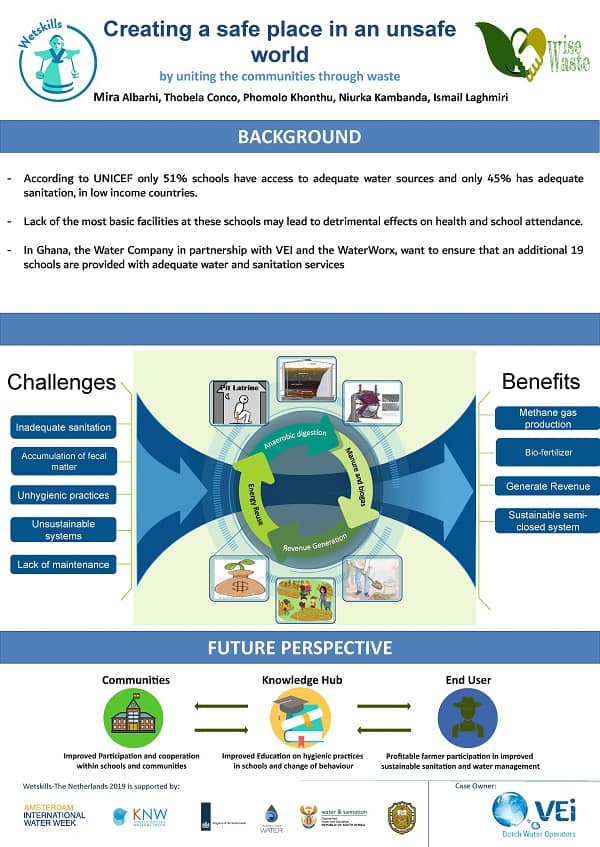
Case 3: Effective water management in a pressure drain dominated peatland
Case owner: Water Authority Drents Overijsselse Delta
Pressure drains might be an effective solution to mitigate land subsidence in peatlands, as they can increase the ground water table in summer and lower it in winter time, thereby reducing the oxidation rate of the peat soil. However, it implies that the ground water table can be managed at a finer scale than is common at present. Water requirements may rise, the timing of water needs may change, and the farm landscape might become more diversified. How could water authorities and farmers manage such new water management measures?
Final Poster – Winning Team!
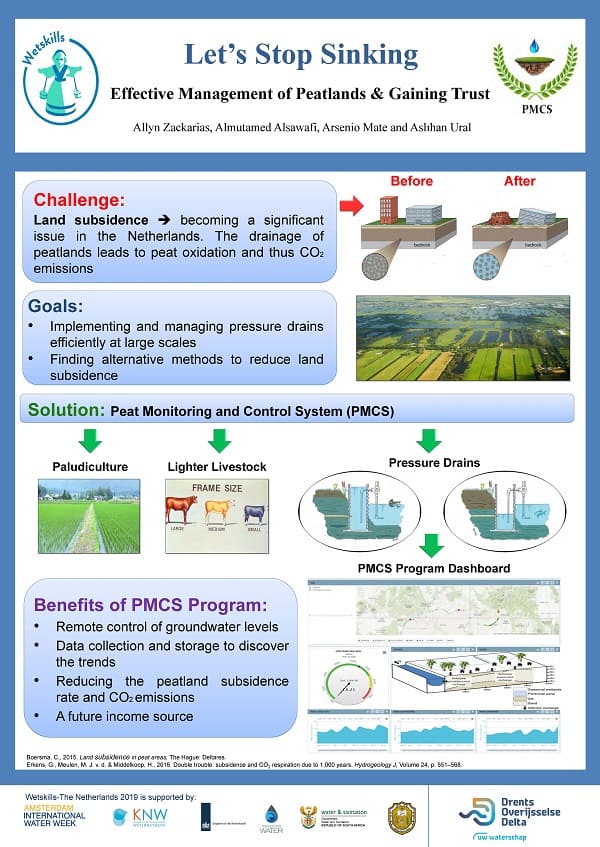
Case 4: Enabling decentralized water quality management in rural communities in Tanzania
Case owner: IHE Delft
The villages of the lower Mara area, Tanzania, rely on surface water and boreholes for most of their water needs. The communities are heavily affected by declining water quality, with pollution causing health issues and impacting fisheries and agriculture. Existing initiatives for community-based environmental monitoring typically focus on generating data for authorities and science, and rural water supply schemes typically focus on water quantity. How could an autonomous and systematic water quality monitoring and water treatment be integrated into community-based management of water resources and water supply?
Final Poster
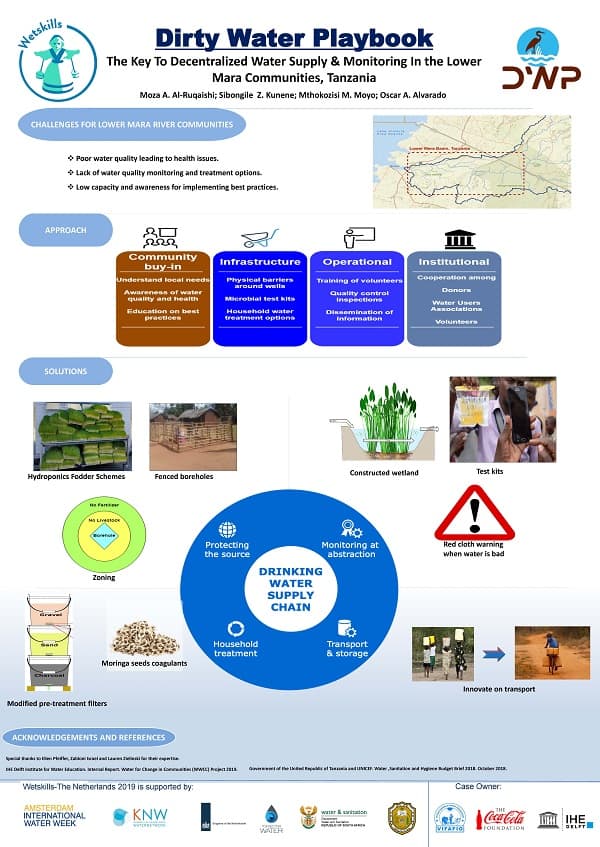
Case 5: Break the production chains, for a circular economy!
Case owner: Municipality of Westland
The municipality of Westland is a partner in the ‘BioBoost initiative’, which aims to stimulate a biobased development in horticulture in Europe. This case focuses on rethinking the chain for biomass (wet) residual flows, f.e. rest products of tomatoes, in the Westland hortisector. The aim is to create value and a new purpose for upscaled products. How can we make changes, in early stages of the production chain, to create an optimal result? What kind of technical solutions could be viable? And what kind of legal challenges lay ahead?
Final Poster
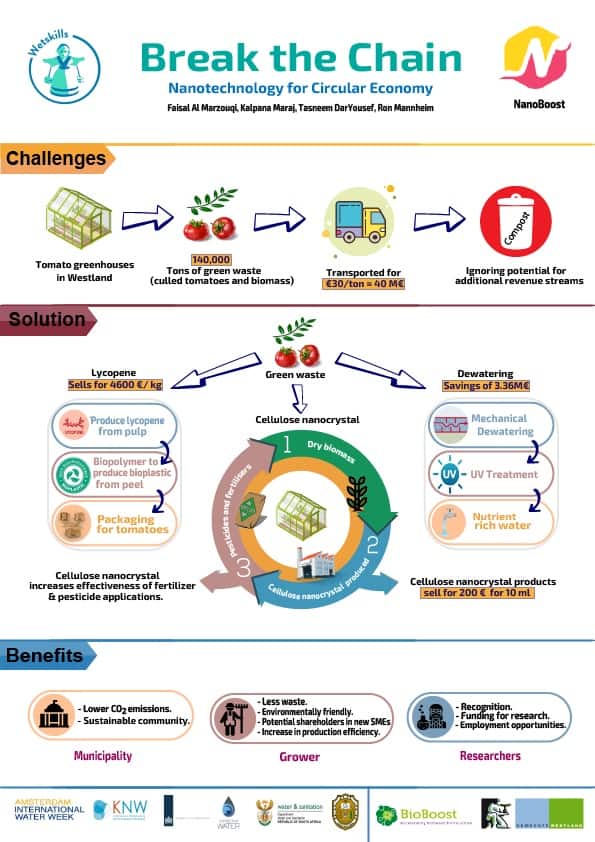
Case 6: Transforming water use in subsistence farming for climate change adaptation in Zambia
Case owner: IHE Delft
Climate change heavily affects southern Africa, with extensive droughts and torrential rains, temperature extremes, and the collapse of seasonal weather patterns. It affects the food supply of communities in Western Zambia that could historically rely on subsistence farming. Improving water supply though boreholes provides short-term relief, but is not a long-term solution. How to create an approach for water challenges in subsistence farming communities? How to tranform agricultural water use, considering all possible sources of water on the one hand, and all aspects of farming practice – what is grown, when and how – on the other?
Final Poster
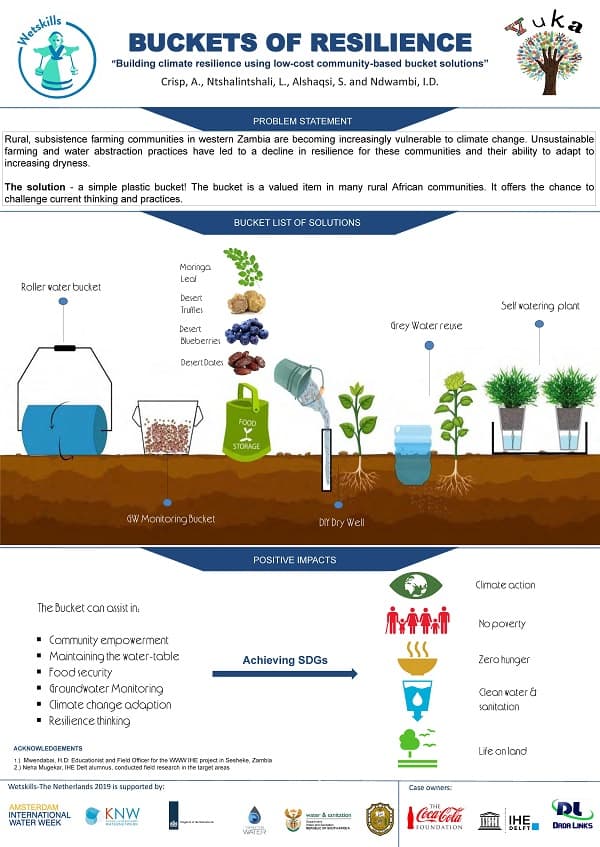
Movies about previous Wetskills editions in the Netherlands
Event Partners

